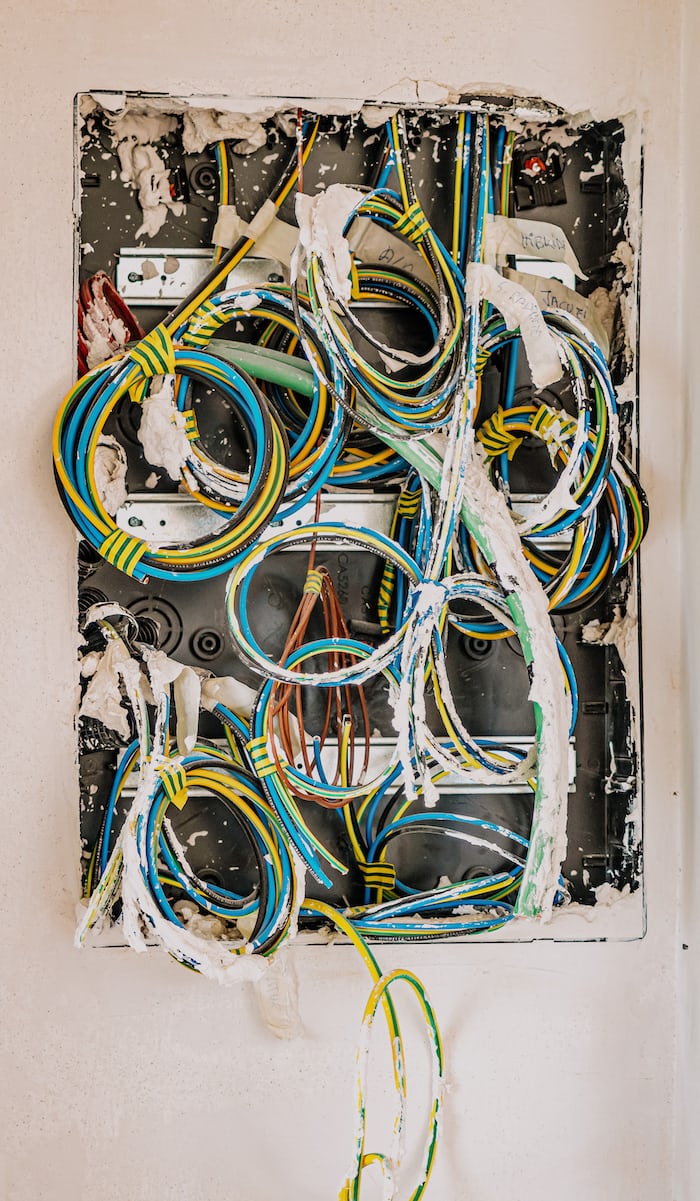Introduction:
Tunnel Boring Machines (TBMs) revolutionize the way we build underground infrastructure. These massive machines require a range of specialized components to operate efficiently, with cables being one of the critical elements that ensure seamless functionality.
Understanding TBM Cables:
TBM cables are engineered with precision to withstand the harsh conditions encountered during tunneling. These cables are designed to endure extreme pressure, temperature fluctuations, moisture, abrasion, and mechanical stress while maintaining uninterrupted power supply and data transmission.
- Power Needs: Different TBMs may have varying power requirements. Customization involves understanding the power needs of the TBM to create cables that can efficiently deliver the required electrical supply.
- Data Transmission: TBMs often require data transmission capabilities for monitoring and controlling various parameters. Customized cables can be designed to facilitate seamless data transmission.
- Space Constraints and Configurations: TBMs come in different sizes and configurations. Custom cables are designed to fit within the limited space available and to accommodate the unique layout of each TBM.
Role of Specialized Manufacturers:
- Expertise in Cable Design: Specialized manufacturers possess expertise in designing cables specifically tailored for TBM applications. They consider factors like cable length, material composition, insulation, shielding, and flexibility to ensure optimal performance underground.
- Quality and Durability: These manufacturers adhere to stringent quality control measures to produce cables that meet industry standards for durability and reliability. Materials like high-grade polymers, robust conductors, and protective coatings are employed to enhance longevity.
- Customization for TBM Requirements: TBM cables are not one-size-fits-all. Manufacturers collaborate closely with TBM engineers and operators to customize cables according to the specific requirements of different machines and tunneling projects.
Innovation and Technology:
The field of TBM cables is constantly evolving with advancements in materials science and engineering. Manufacturers invest in research and development to integrate the latest technologies, such as improved insulation, better shielding against electromagnetic interference, and enhanced flexibility without compromising durability.
- Hard Rock Cutting: Advancements in cutter head technology have allowed TBMs to efficiently cut through hard rock formations. Disc cutters with improved materials and designs, such as carbide tips or polycrystalline diamond elements, enhance cutting efficiency and durability.
- Adaptability: Modular cutter head designs allow for the customization of cutting tools based on geological conditions encountered during tunneling.
Environmental Considerations:
TBMs operate in challenging environmental conditions, including high humidity and exposure to chemicals. Manufacturers develop cables with materials that resist corrosion, moisture ingress, and other environmental factors to ensure prolonged operational life.
- Digital Guidance Systems: TBMs employ advanced guidance and control systems that utilize laser, GPS, or inertial navigation technologies to ensure precise tunnel alignment and reduce human error.
- Real-time Monitoring: Sensors and monitoring systems provide real-time data on TBM performance, ground conditions, and operational parameters, enabling immediate adjustments and proactive maintenance.
Selecting the right Tunnel Boring Machine (Tbm) Cable Manufacturer for a project is crucial for ensuring the smooth and efficient operation of the machine in often challenging underground environments. Here’s a guide on how to choose the right TBM cable for your project:
Understand Project Requirements:
Environmental Conditions: Consider the specific conditions the cable will face underground, such as temperature variations, moisture, chemicals, and mechanical stress.
TBM Specifications: Understand the requirements of the TBM being used, including power needs, data transmission, and any specialized functionalities.
2. Consult with Experts:
Engage with specialized TBM cable manufacturers or experts in the field. Discuss your project’s specifics and seek their recommendations based on their expertise and experience.
3. Evaluate Cable Properties:
- Material and Construction: Look for cables made from robust materials capable of withstanding harsh conditions. Consider factors such as insulation, conductor materials, shielding, and flexibility.
- Durability and Reliability: Assess the cable’s ability to endure vibrations, abrasions, moisture ingress, and mechanical stress without compromising performance.
- Customization Options: Check if the manufacturer offers customization options to tailor the cable according to your project’s specific needs, such as length, connectors, or specialized coatings.
4. Compliance with Standards:
Ensure that the selected cables meet industry standards and regulations for safety, performance, and reliability.
5. Prioritize Quality and Longevity:
Invest in high-quality cables even if they might be more expensive initially. They often prove more cost-effective in the long run due to their durability and reduced maintenance needs.
6. Review Manufacturer’s Reputation:
Research the reputation and track record of the TBM cable manufacturer. Look for reviews, case studies, and references from previous projects to gauge the reliability and quality of products.
7. Consider Future Needs:
Anticipate any future modifications or expansions in the project and ensure the chosen cables can accommodate these changes if necessary.
8. Cost vs. Value:
While cost is a factor, prioritize the value and long-term performance of the cables over initial pricing. Cheaper cables may lead to frequent replacements or downtime, impacting the overall project costs and timelines.
9. Test and Evaluate:
If possible, conduct tests or trials with the selected cables to ensure they perform as expected in the actual project conditions before full deployment.
10. Maintenance and Support:
Inquire about maintenance requirements and the manufacturer’s support services to address any issues that may arise during the project.
Conclusion:
Choosing the right TBM cable involves a careful assessment of project needs, cable properties, quality, compliance, and future considerations. Collaboration with experts and reputable manufacturers is pivotal in selecting cables that ensure the efficiency, safety, and success of your tunneling project.
Customized cables undergo rigorous testing to ensure they meet performance expectations in real-world tunneling conditions. This phase includes testing for durability, electrical performance, data transmission, and environmental resistance.
Environmental Considerations: TBMs operate in challenging environmental conditions, including high humidity and exposure to chemicals. Manufacturers develop cables with materials that resist corrosion, moisture ingress, and other environmental factors to ensure prolonged operational life.











